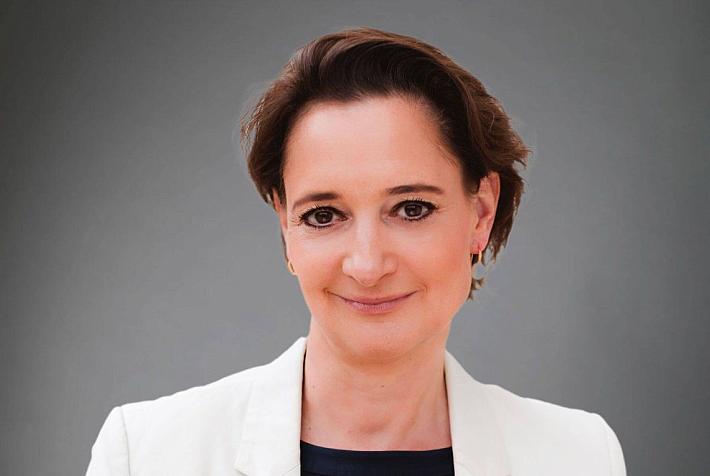Romania fails to comply with any of the euro zone criteria, EC finds

 Romania doesn't comply with any of the criteria to join the euro zone, according to a recent report issued by the European Commission. The Romanian state representatives have announced the country's target to join the euro zone is 2015. The criteria taken into account were the stability of prices, the budget's budgetary position, the stability of the exchange rate and the convergence of interest rate on the long term. Other legislative obstacles were also mentioned by the EC.
Romania doesn't comply with any of the criteria to join the euro zone, according to a recent report issued by the European Commission. The Romanian state representatives have announced the country's target to join the euro zone is 2015. The criteria taken into account were the stability of prices, the budget's budgetary position, the stability of the exchange rate and the convergence of interest rate on the long term. Other legislative obstacles were also mentioned by the EC.
The report also found that legislation in Romania, in particular the law on the Romanian Central Bank (BNR), is not fully compatible with EU legislation. Incompatibilities concern the central bank integration into the ESCB at the time of euro adoption, the independence of BNR as well as the
prohibition on monetary financing. Romanian inflation was elevated in recent years. “The average inflation rate in Romania during the 12 months to March 2010 was 5 percent, well above the reference value of 1 percent, and it is likely to remain well above the reference value in the months ahead,” the EC report writes.
Romania also has an excessive budgetary deficit, with 2012 as the dealdine to reduce public expenses under 3 percent of the GDP. The budget deficit was of 8.3 percent of the GDP in 2009.
In order to adopt the euro, the Romanian currency needs to be included in the exchange rate mechanism (ERM II). Romania operates a floating exchange rate regime. The leu has substantially depreciated in 2007 and 2008. “Strong weakening pressures set in again during autumn 2008 amid the intensification of the global financial crisis and against a background of large domestic macroeconomic inbalances,” according to the EC. The Romanian leu depreciated with 12.9 percent towards the euro in the last 24 months.
Out of the nine countries assessed in the report, only Estonia was ready to adopt the euro. The other eight countries were Bulgaria, the Czech Republic, Latvia, Lithuania, Hungary, Poland, and Sweden. Denmark and the United Kingdom have not expressed a wish to adopt the euro and were not covered in the assessment.
You can download the entire EC report here:
EC convergence report_2010











